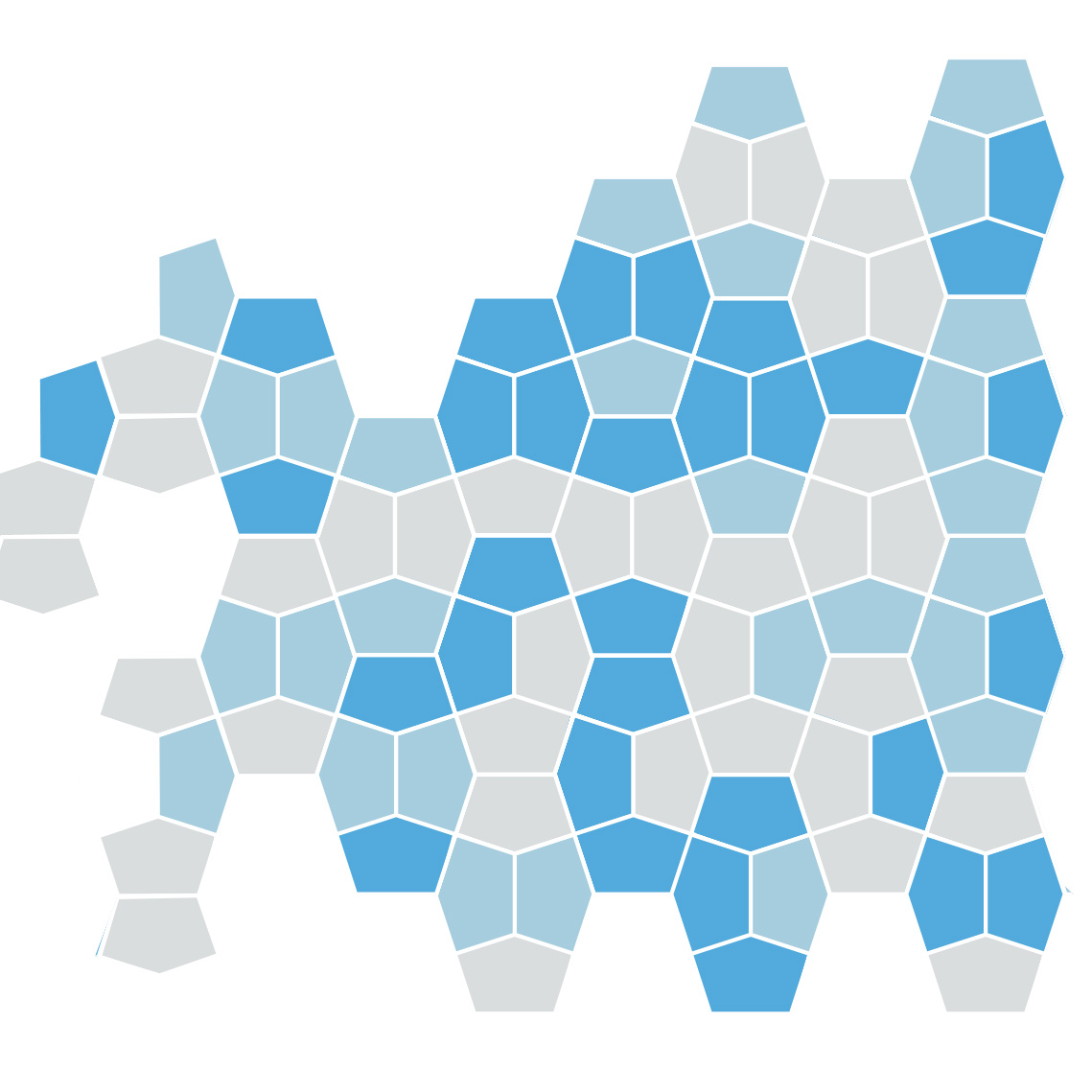
AMSHI
The AMSHI project aims at contributing to reduce the urban heat island effect, by designing a self-locking paving block with a low degree of embodied energy for public spaces.
ASP projects
Students participate to multidisciplinary projects, focusing on real and relevant problems, proposed as a collaboration between universities and external institutions (i.e., firms, governmental or research institutions).
Project teams consist of 6/7 students from different schools and are therefore intrinsically multidisciplinary. Each project team is assisted by tutors with a multifaceted background, selected among the Faculty of Politecnico di Milano and Politecnico di Torino as well as among experts of the proposing external institutions. Tutors advice students and periodically review their intermediate results.
Teams are provided with funds that allow them to make study trips, attend conferences, buy books and materials to help develop the project. The project plan and budget is defined by the team and agreed with the tutors.
Projects are focused on four “problem-based learning” tracks:
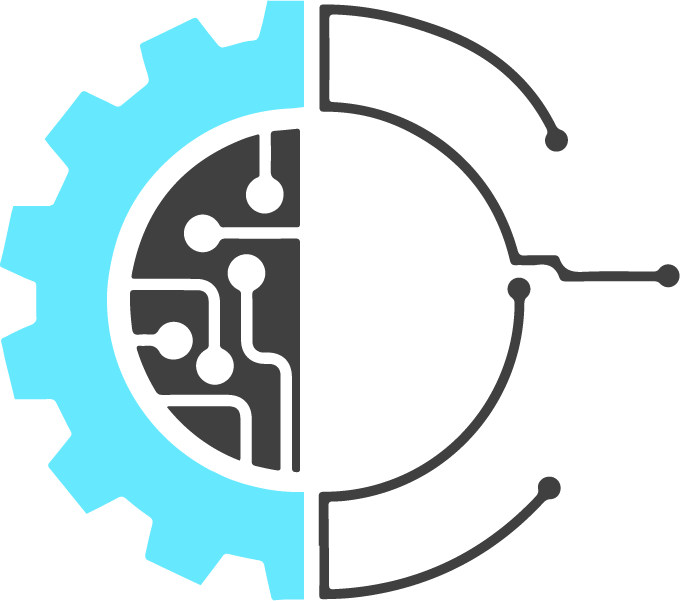
These projects are based on investigating innovation opportunities in a variety of industries. As an example, they can try to identify the benefits at company level of the new technologies available in the market.
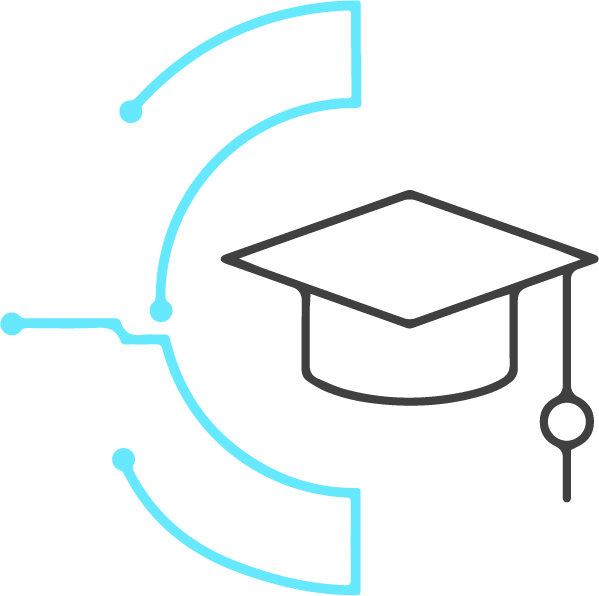
These projects are based on creating and furthering knowledge for companies, public and private institutions for structuring and solving complex problems.

These projects are based on investigating entrepreneurial opportunities with a particular focus on hi-tech start-ups. These projects try to analyse the scenario of high-tech start-ups and evaluate their impacts at different levels.
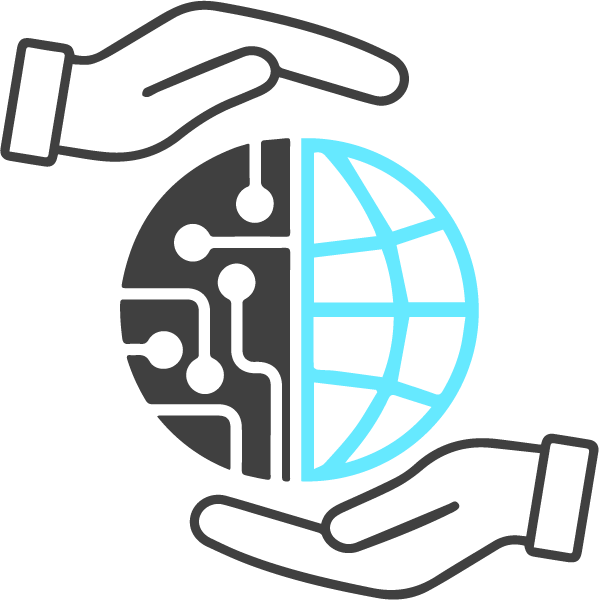
These projects have the aim of understanding potential positive changes that an organization can implement to address a pressing social issue and favouring people engagement for social and community development.
For more information, please write an email to projects@asp-poli.it.
The results of the projects from the 1st to the 15th ASP cycle are reunited and published in books that can be downloaded here.
Last ASP projects
Industry & Innovation

The AMSHI project aims at contributing to reduce the urban heat island effect, by designing a self-locking paving block with a low degree of embodied energy for public spaces.
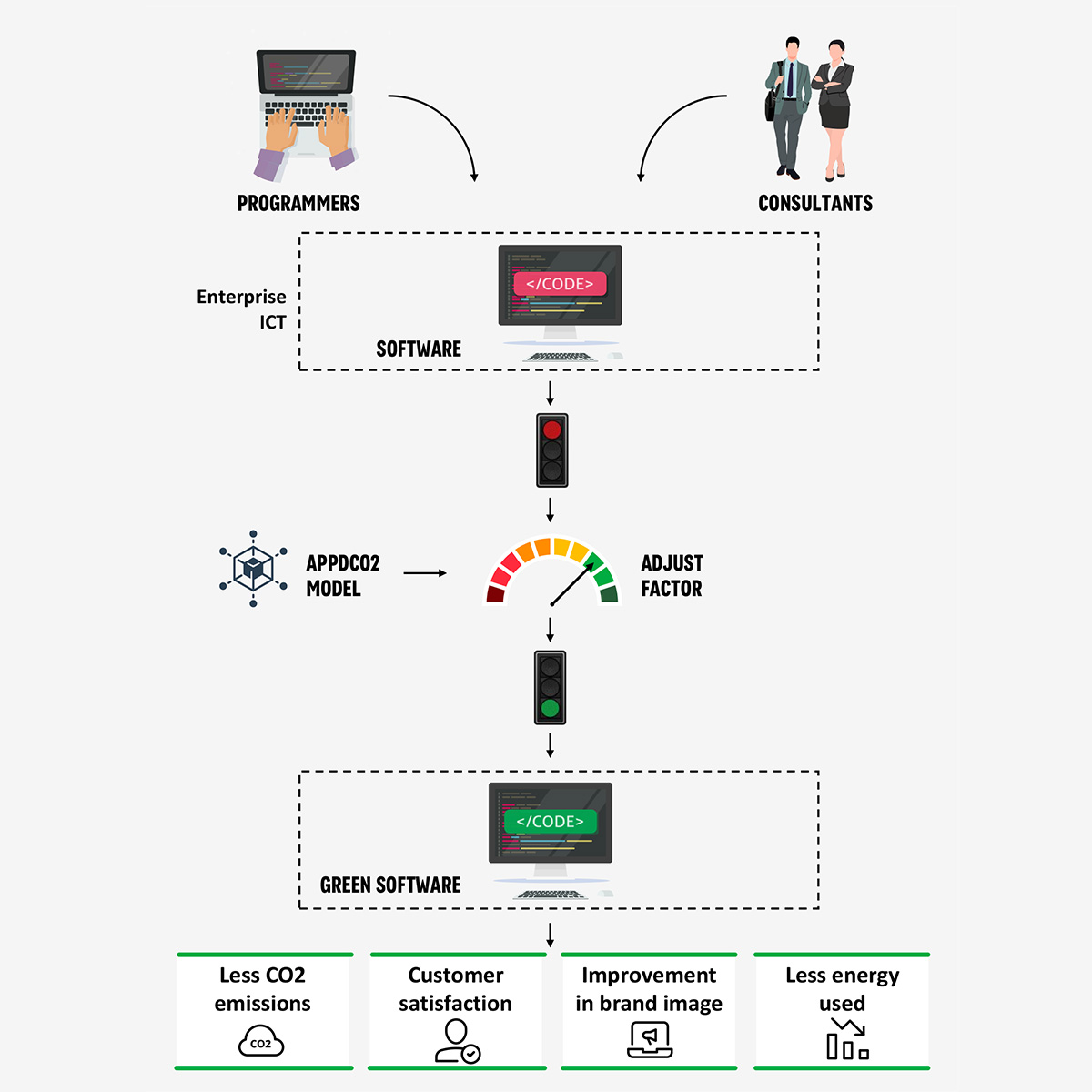
The objective of AppDCO2 is to support enterprises with specific applications either in their decision-making process when choosing their tech partner companies or in assessing the impact of their internal applications and finding ways to reduce it.
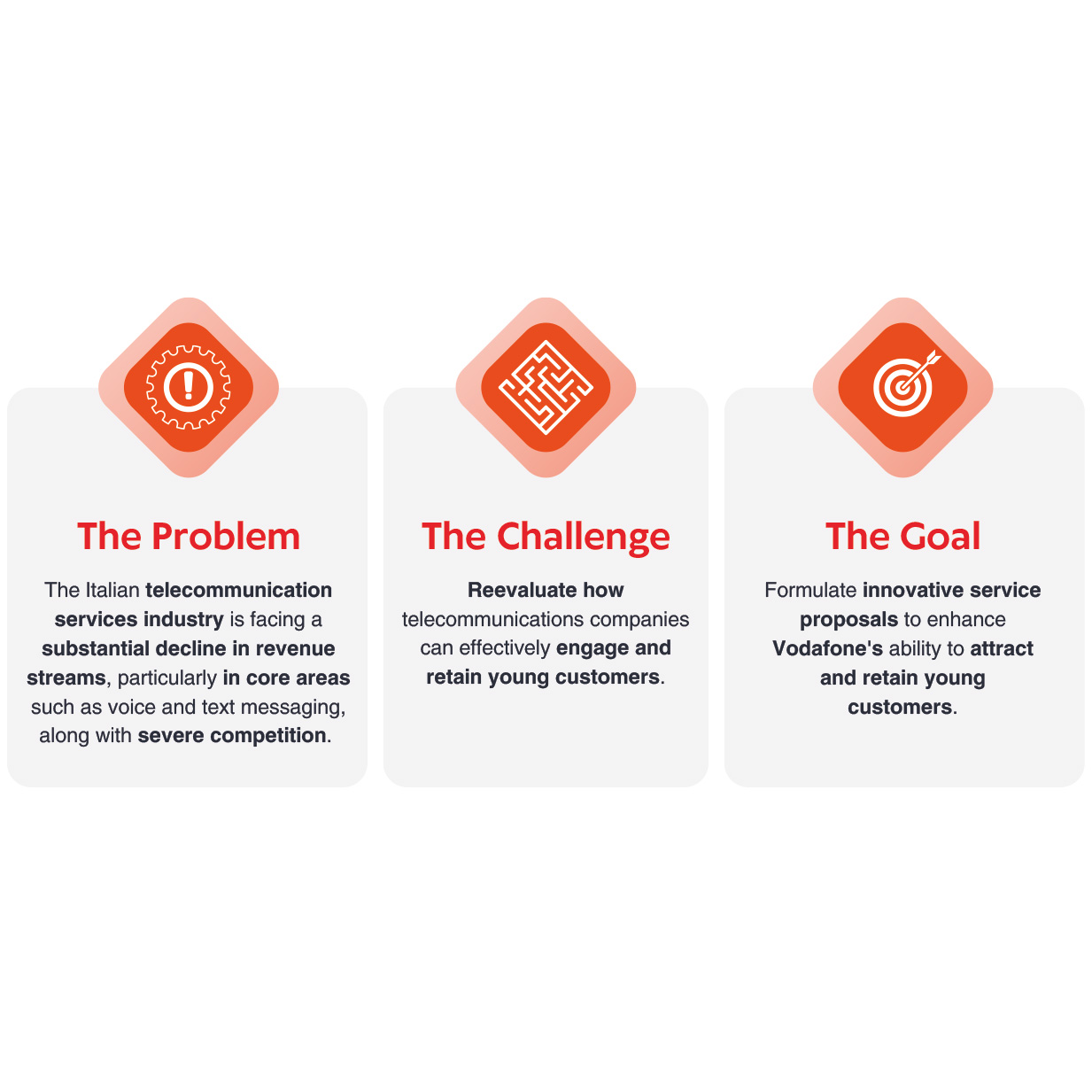
The ‘Data-Driven Customer Value Systems’ project was conceived as a response to these pressing industry challenges. Our role encompassed a comprehensive examination of the Industry and Market, and the development familias & personas with a specific lens on the 18-30-year-old customer segment, to gain profound insights into customer behaviors, thereby establishing the foundation for innovative service proposals.
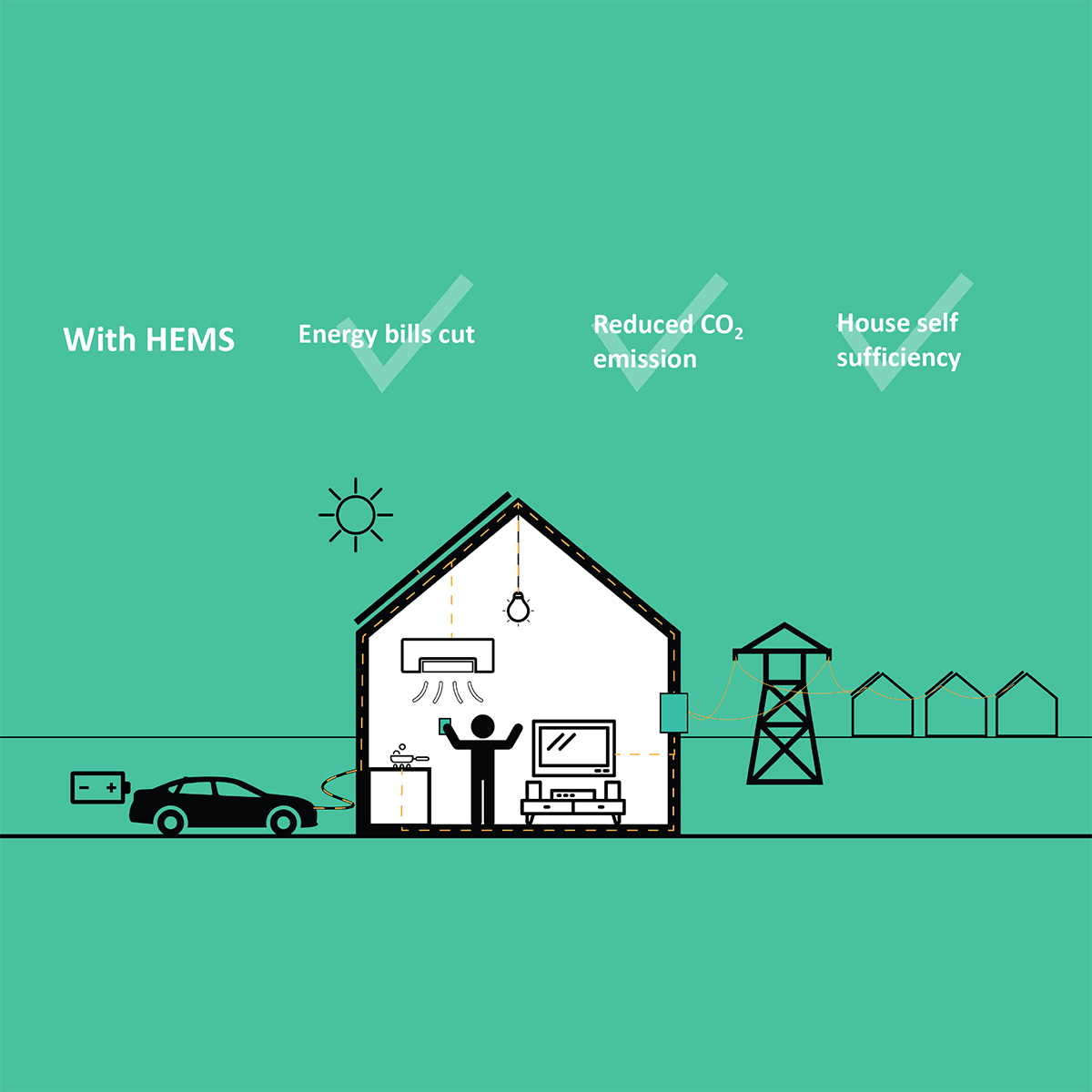
The goal of this project is therefore to develop a comprehensive HEMS, including a control algorithm and a user interface, able to operate with a broad range of devices and achieve previously unattainable performance.
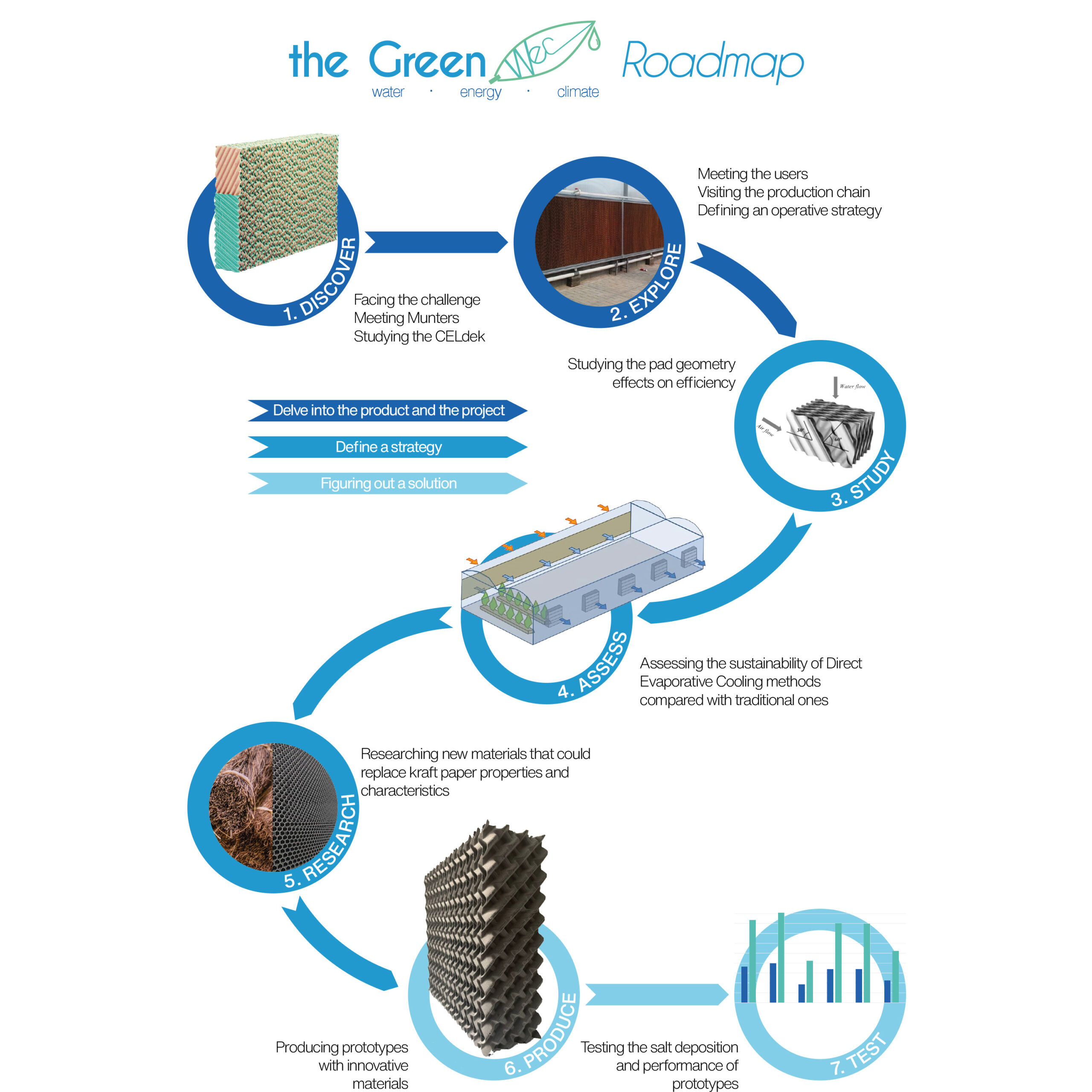
Our project addresses critical challenges in greenhouse cooling by aiming to reduce water consumption, improve sustainability, and enhance performance. Stakeholder analysis guided our approach, and research into materials and experimental activities led to promising alternatives. Our goal is to provide an innovative and sustainable solution that meets the diverse needs of stakeholders, ensures water conservation, and secures the economic viability of greenhouse applications. By focusing on these strategies and technologies, we can contribute to the advancement of sustainable practices in the agricultural sector while addressing the pressing issue of water scarcity.
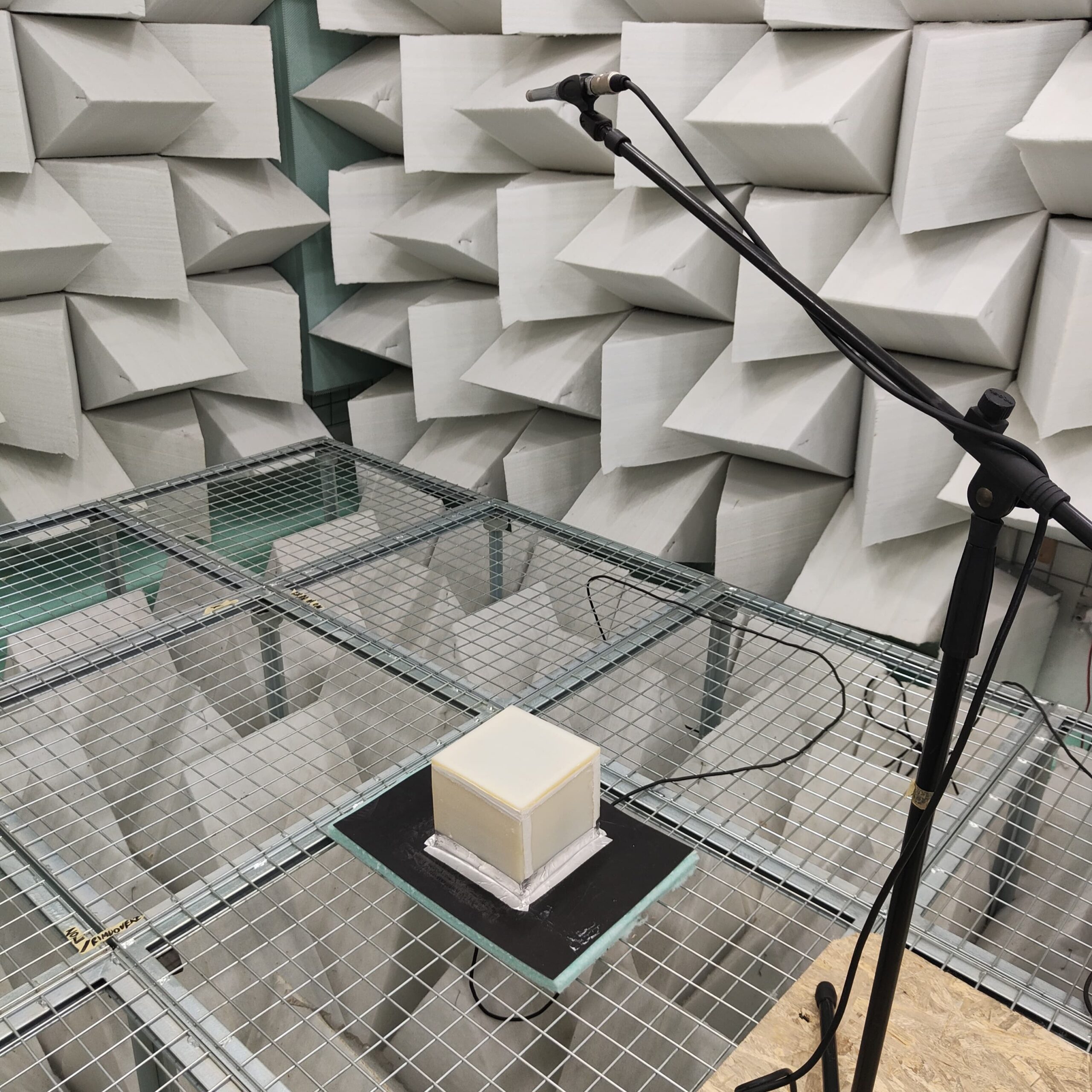
MetaMAPP II – Reloaded aims to develop a metamaterial-based solution to reduce the noise level inside a car cabin, particularly targeting a specific range of medium-high frequencies.
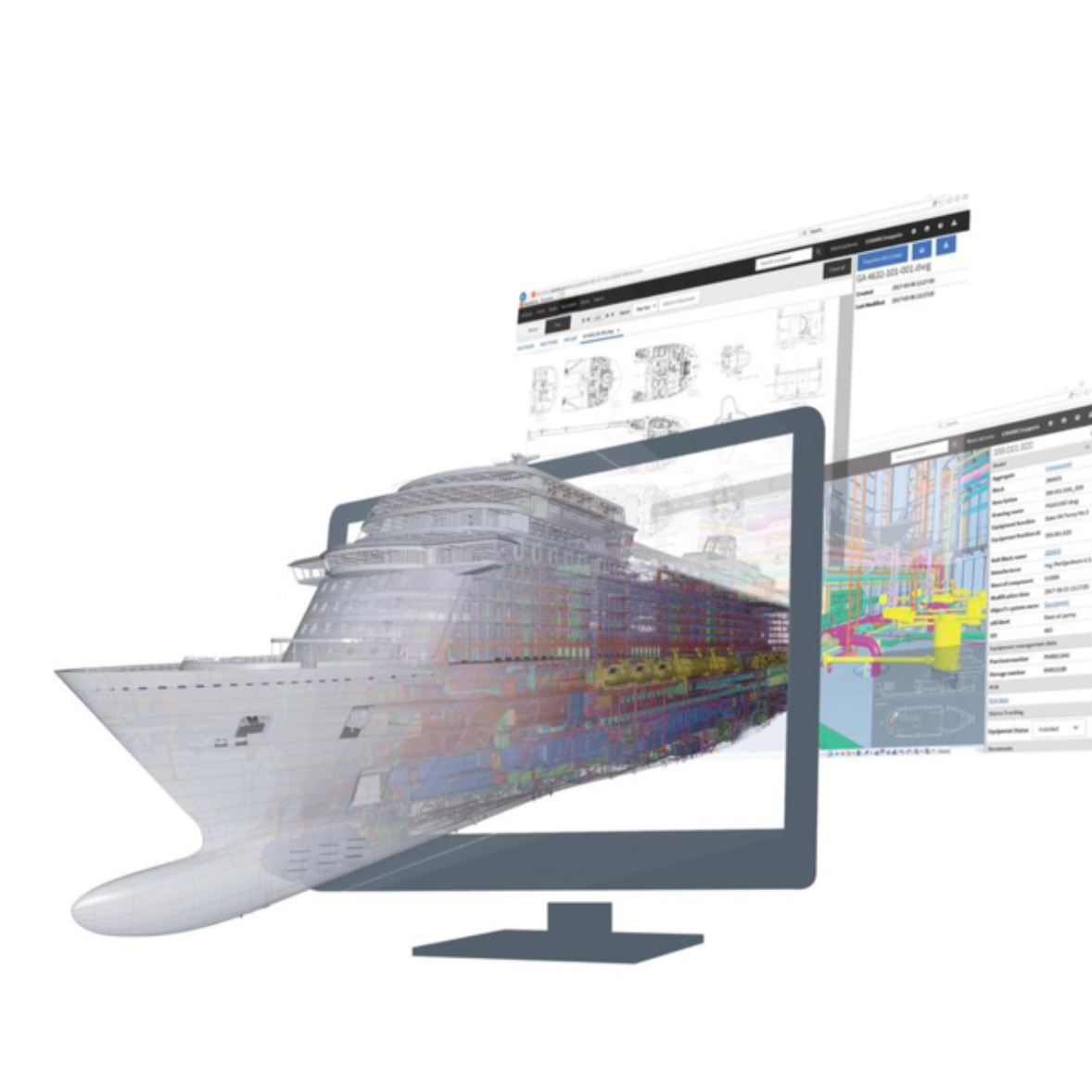
Sanlorenzo’s MILDS project represents a significant step forward in leveraging Digital Twin technology to revolutionize the superyacht industry. By integrating data-driven maintenance, energy efficiency services, and a comprehensive DT infrastructure, the company aims to meet the demands of the emerging userrequirements, while delivering exceptional value to its customers.
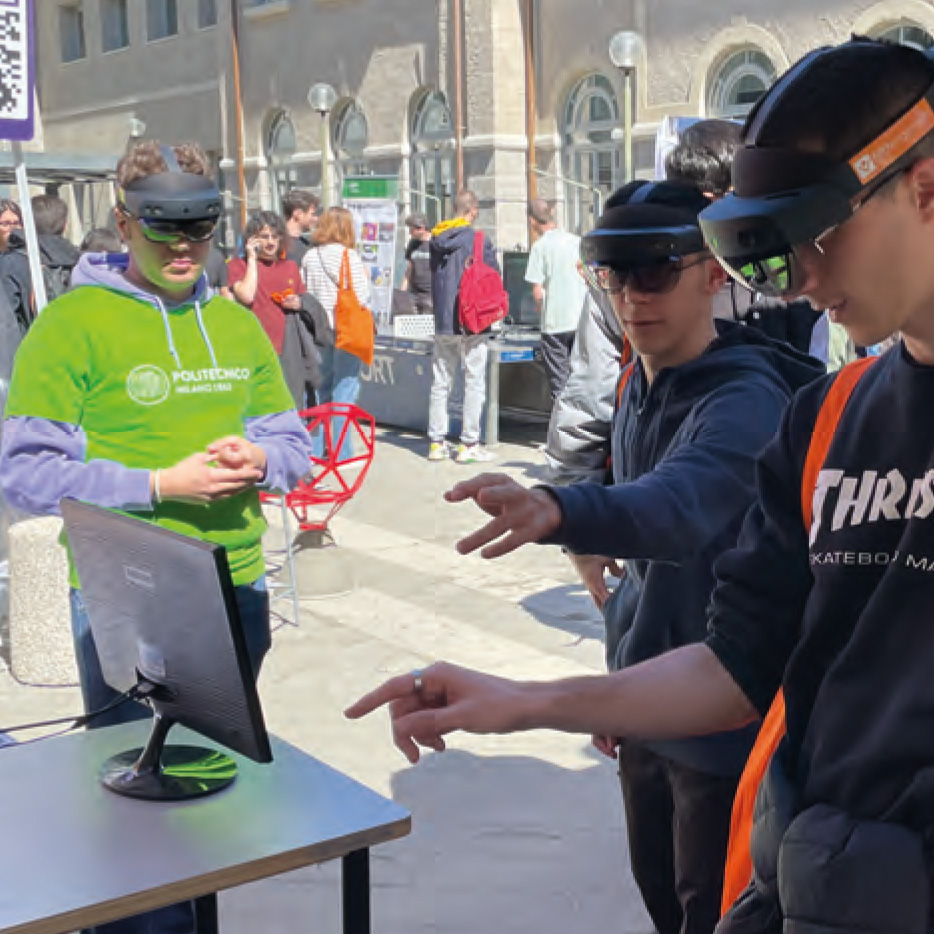
The current landscape of Mixed Reality (MR) applications in Education finds common employment in rendering 3D content in digital spaces. We noticed an unexplored area in the development of 3D-based activities that, combined with 3D content, could lead to comprehensive teaching experiences. Our project, in partnership with Vodafone and FifthIngenium, aims to fill this gap.
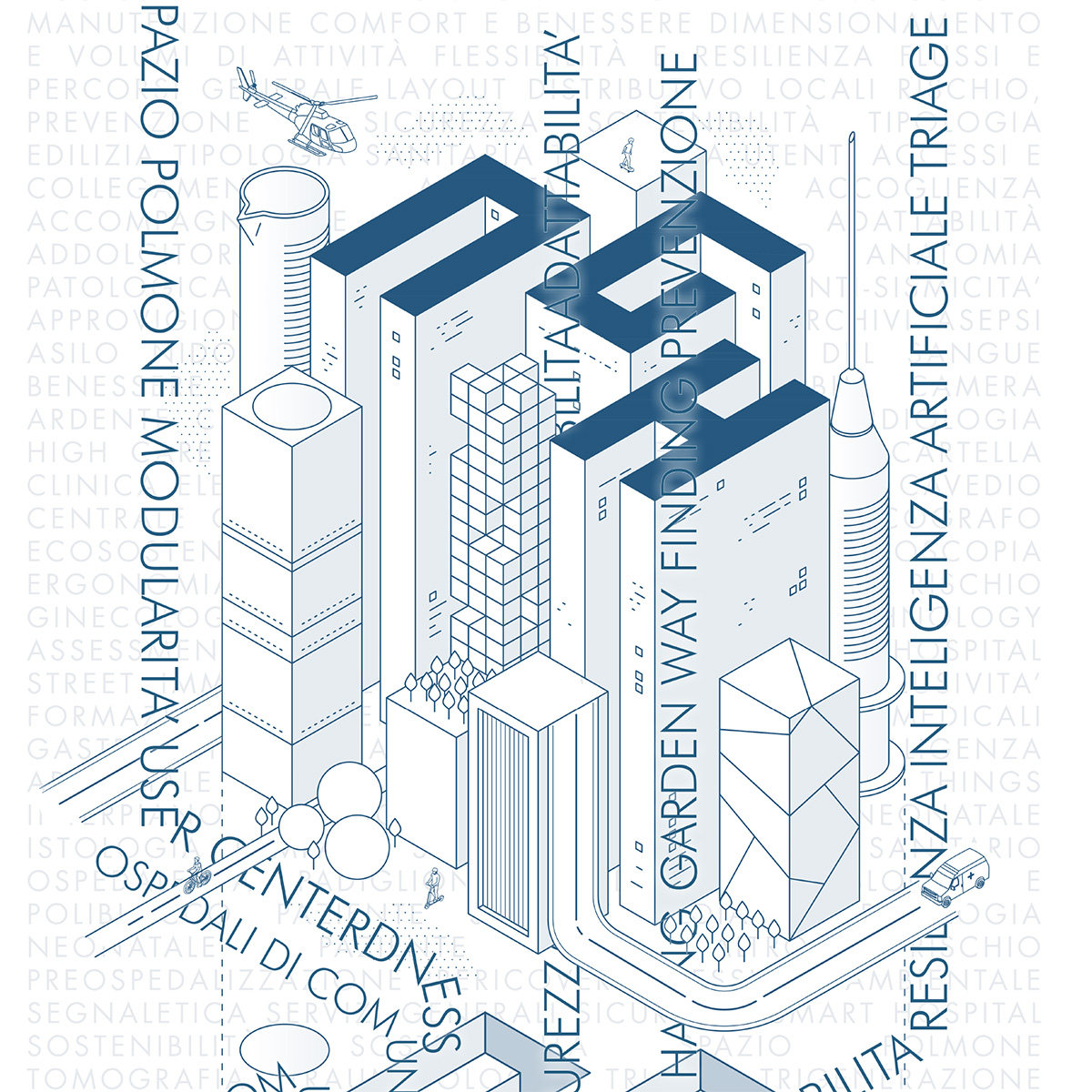
Next Generation Hospital provides the basis for the new Norma Terminologica UNI, the Italian national industrial terminology standard on healthcare design.
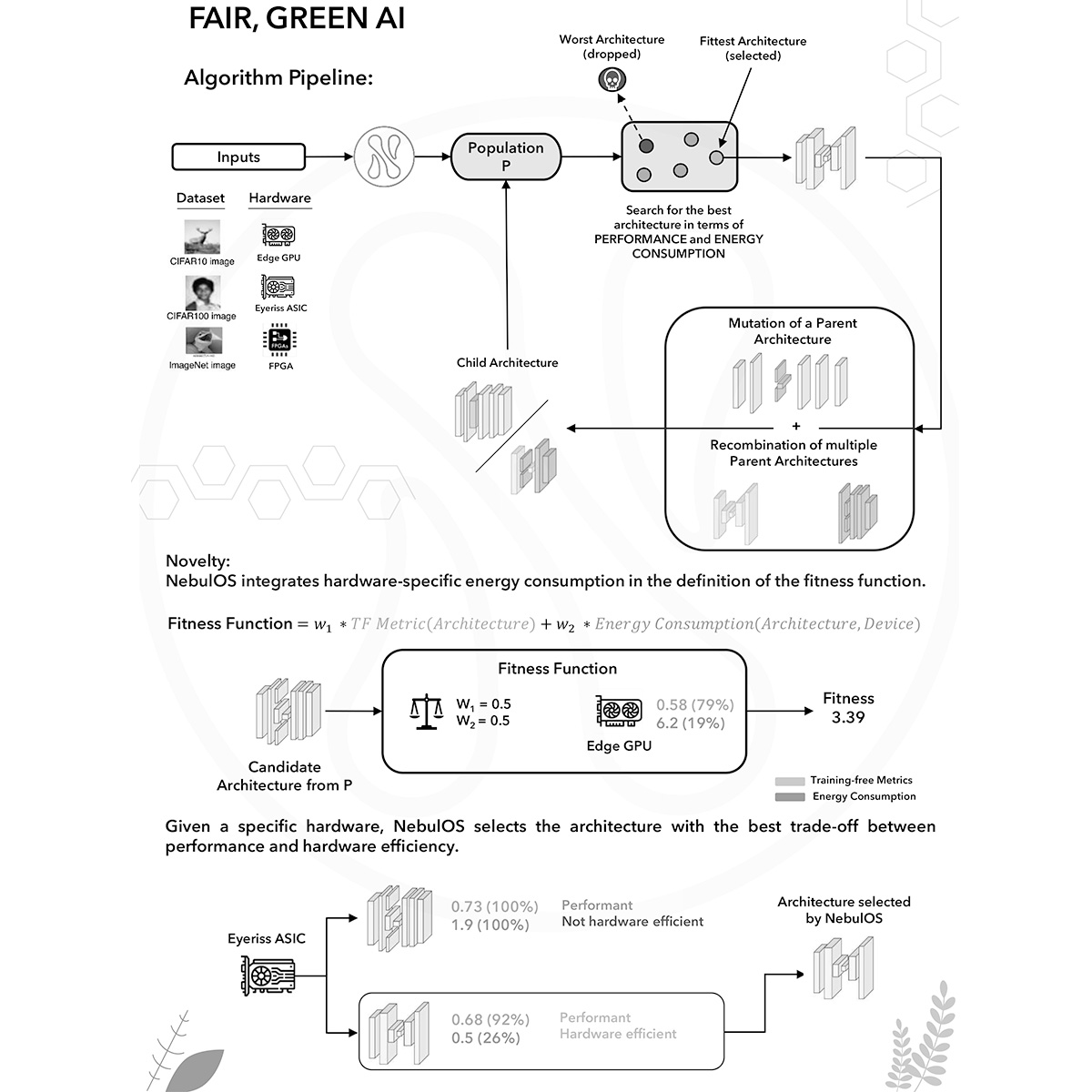
Unlike traditional methods that search for the best model only considering the performance on the downstream task, NebulOS also takes into the energy consumption when training a model on a specific hardware, producing tailored designs on a variety of different devices. This ensures that the final model aligns with the end-user’s unique needs, resources, and preferences.
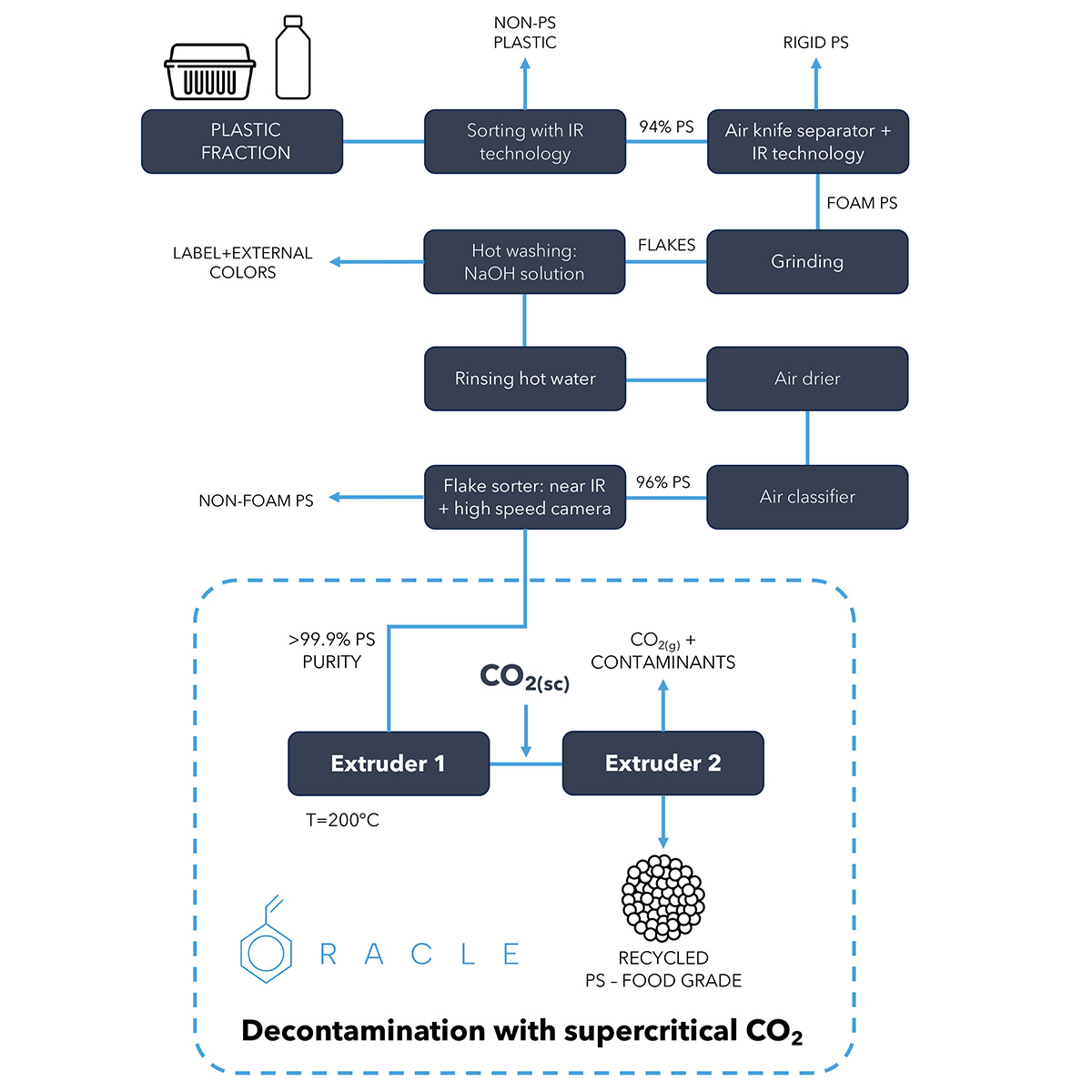
ORACLE is committed not only to the mitigation of the environmental impact of plastic waste but also to the contribution to the circular economy model
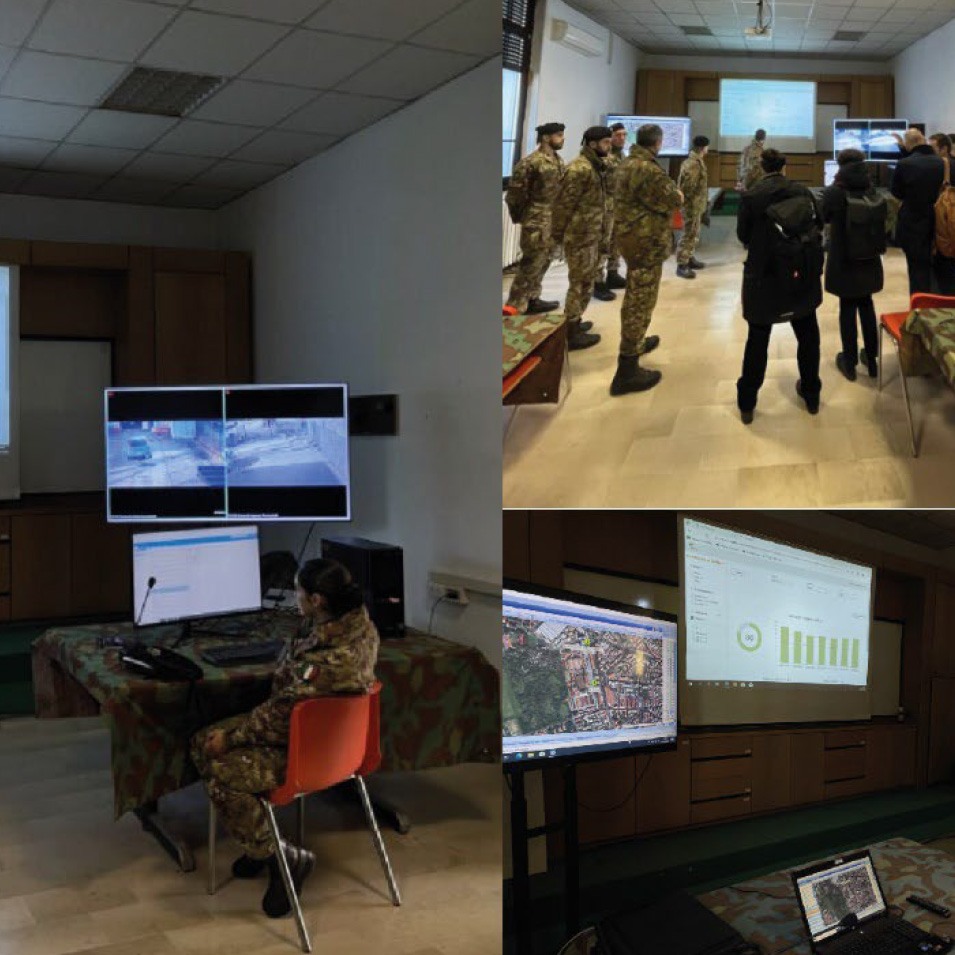
Smart Military District: Urban Rethinking, Energy Efficiency and Smart Things.
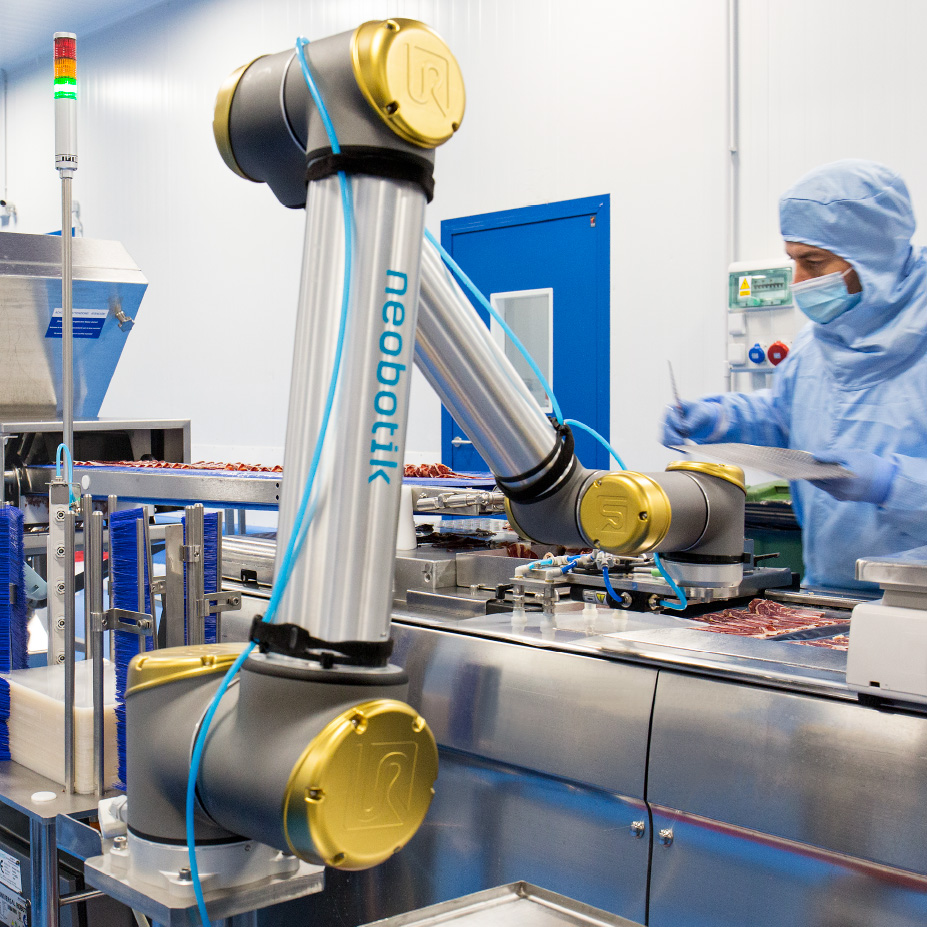
A machine-learnig based microwave sensing approach to real-time food contaminant detection, localization and classification
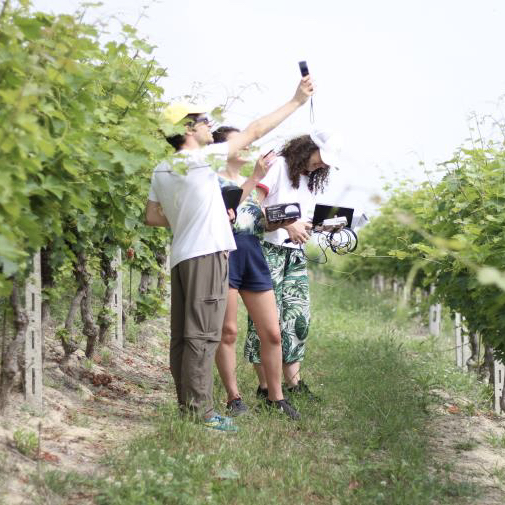
The increase of the frequency and strength of extreme meteorological events related to climate change is a trend that will
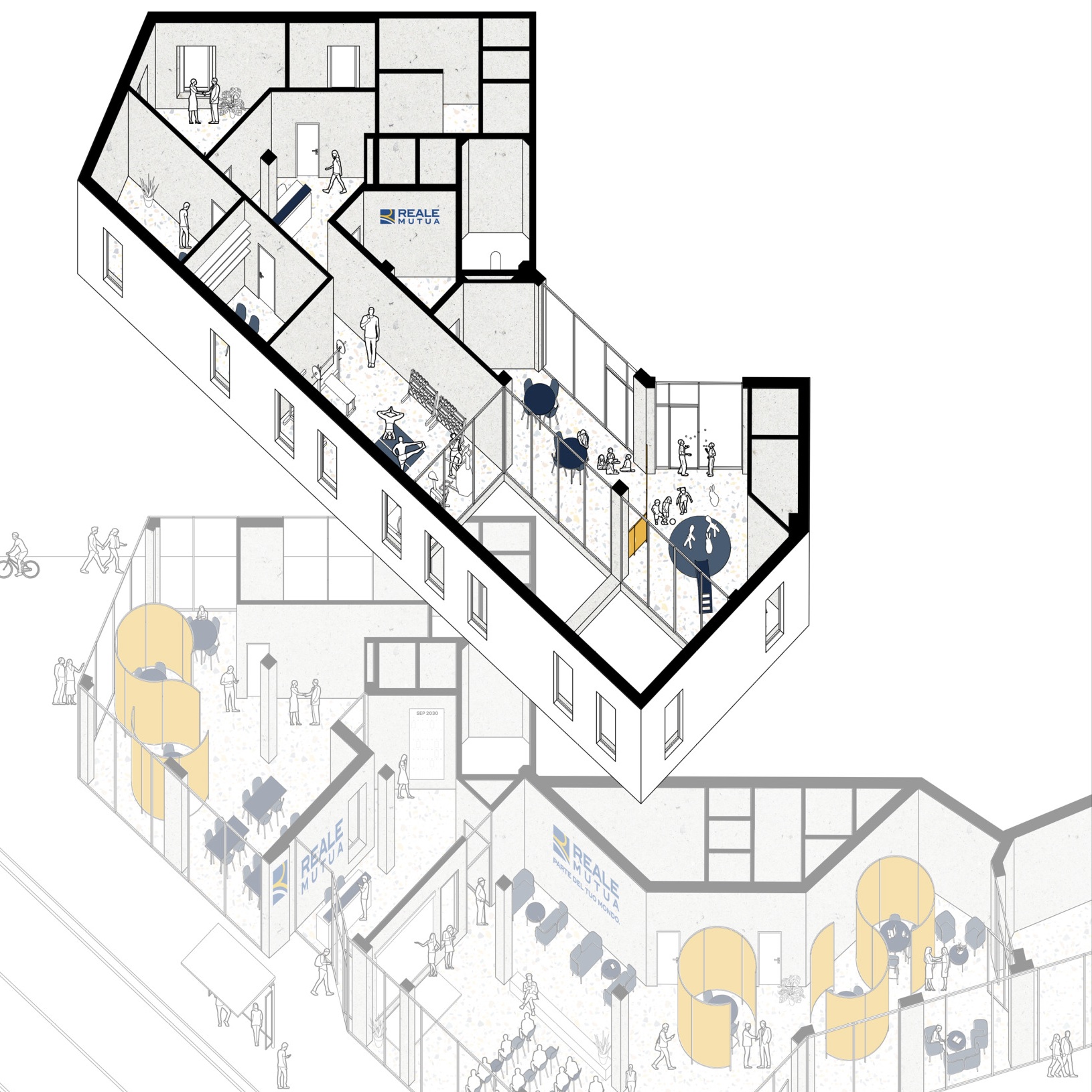
As the insurance landscape evolves with the rise of new insurtech players, traditional incumbents must reformulate their strategies to preserve
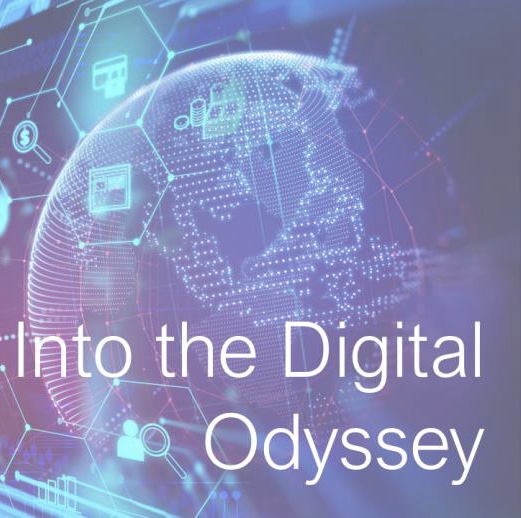
The digital revolution is reshaping the financial sector, making new products and services possible for the customers: but this does
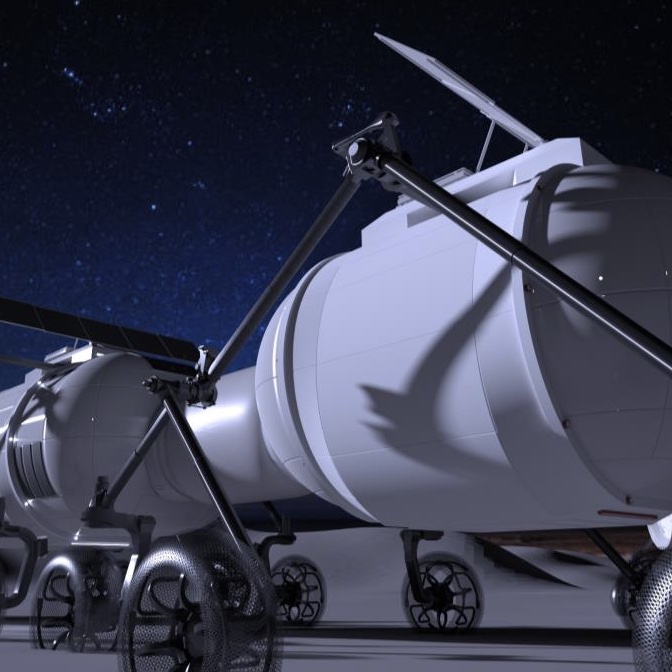
Since Apollo missions, robotic exploration of deep space has seen decades of technological advancement and scientific discoveries. Today, NASA’s Artemis
Academic research
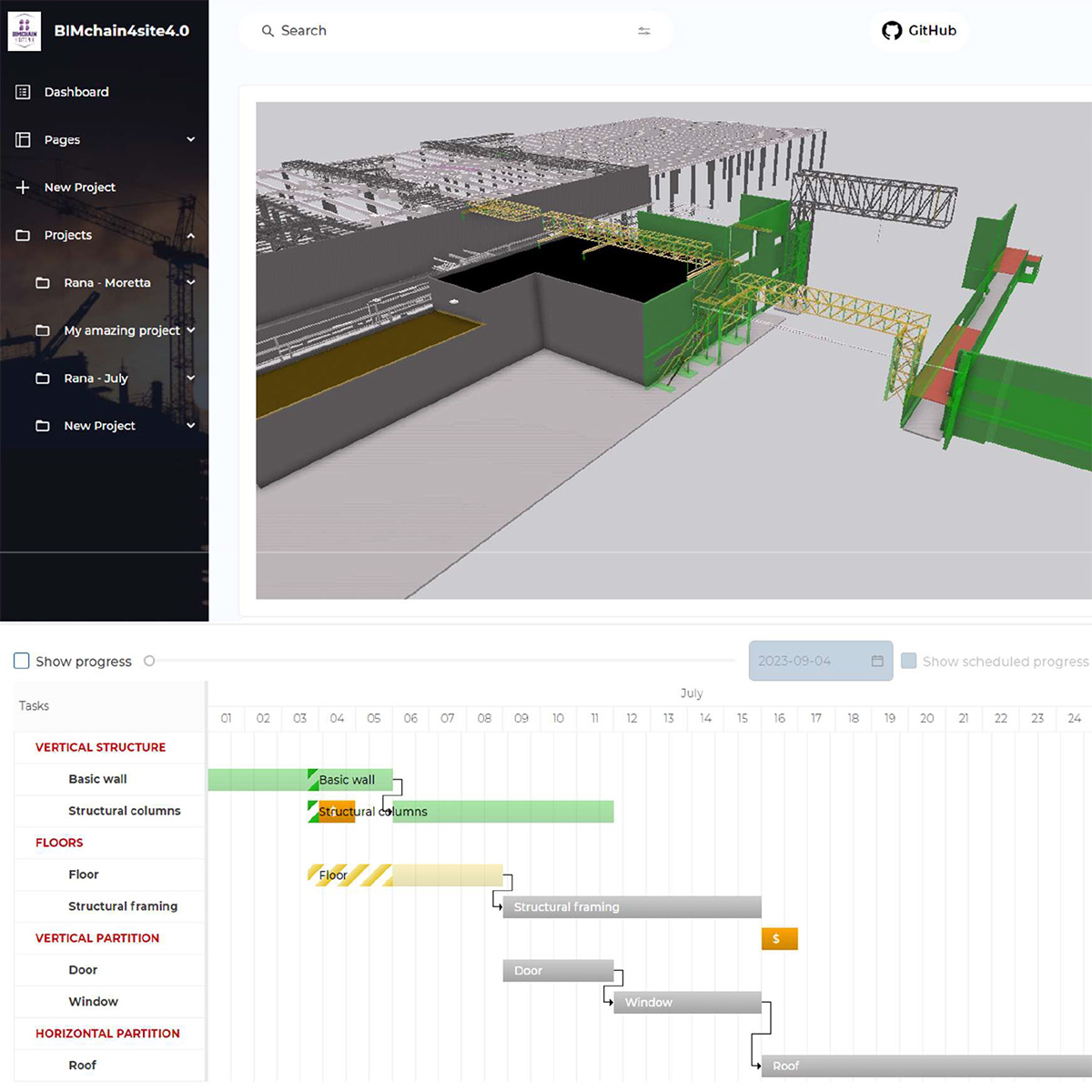
The BIMChain for Site 4.0 project represents a groundbreaking solution, fusing BIM and blockchain technologies to revolutionize communication, transparency and management methods.
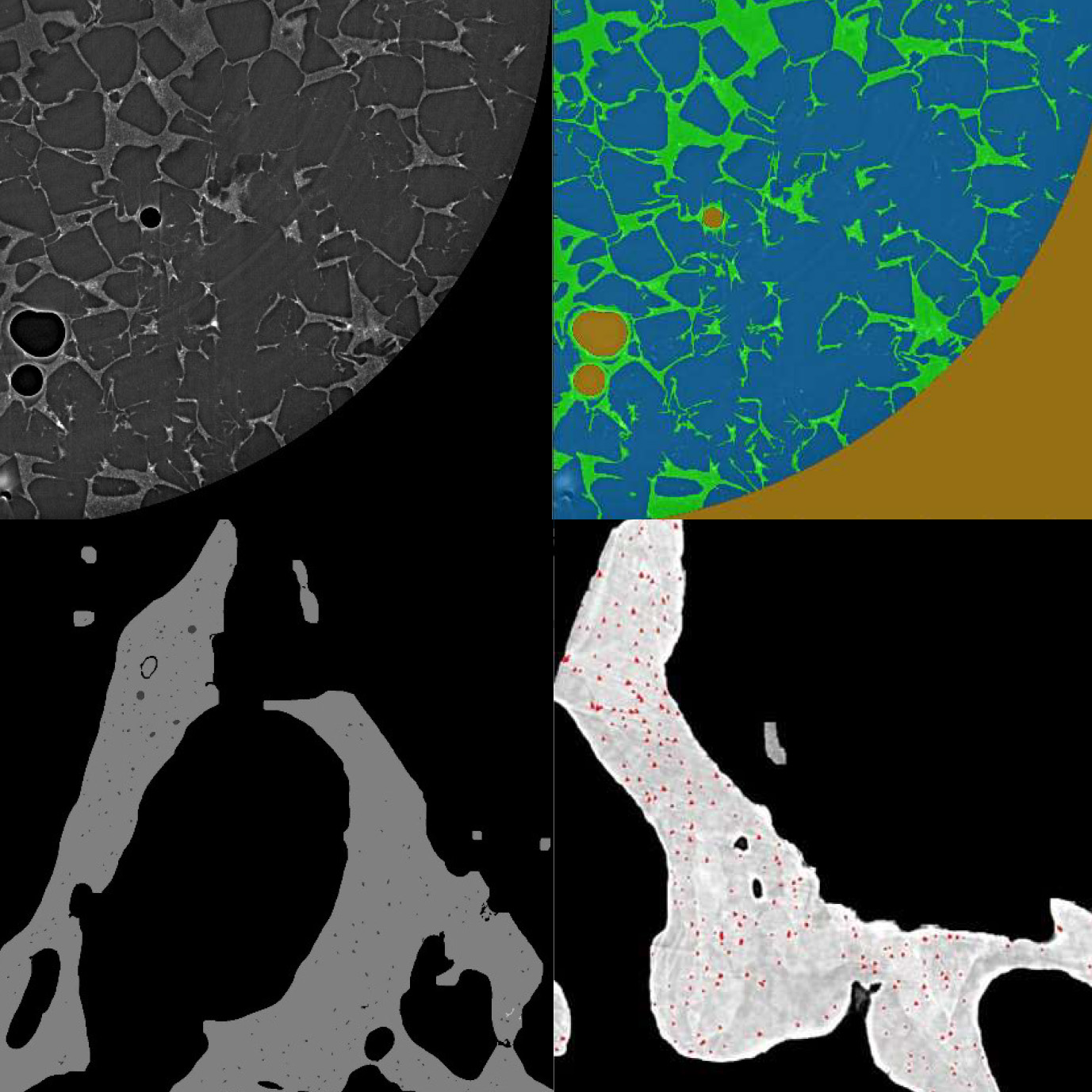
The aim of the project is to face bone fractures crisis adopting a twofold approach, considering both fracture prevention and treatment.
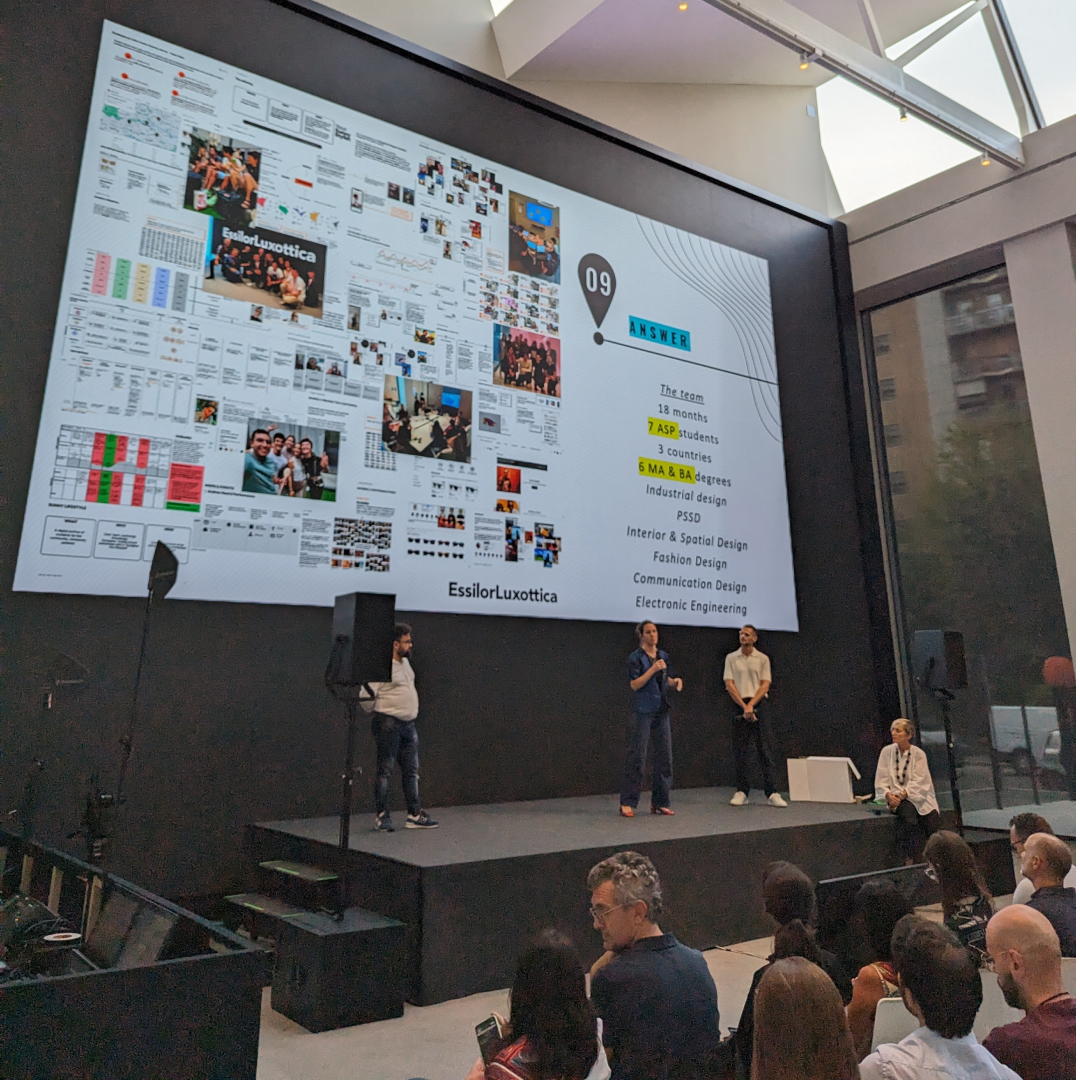
With the digital boom disrupting traditional retail paradigms, Sunglass Hut, part of the Italian-based Luxottica Group, recognized the imperative to adapt to the new trend asking the Alta Scuola Politecnica team to develop a strategy that could seamlessly merge the attributes of both virtual and physical realms, fulfilling the customers’ desires for an encompassing user experiences.
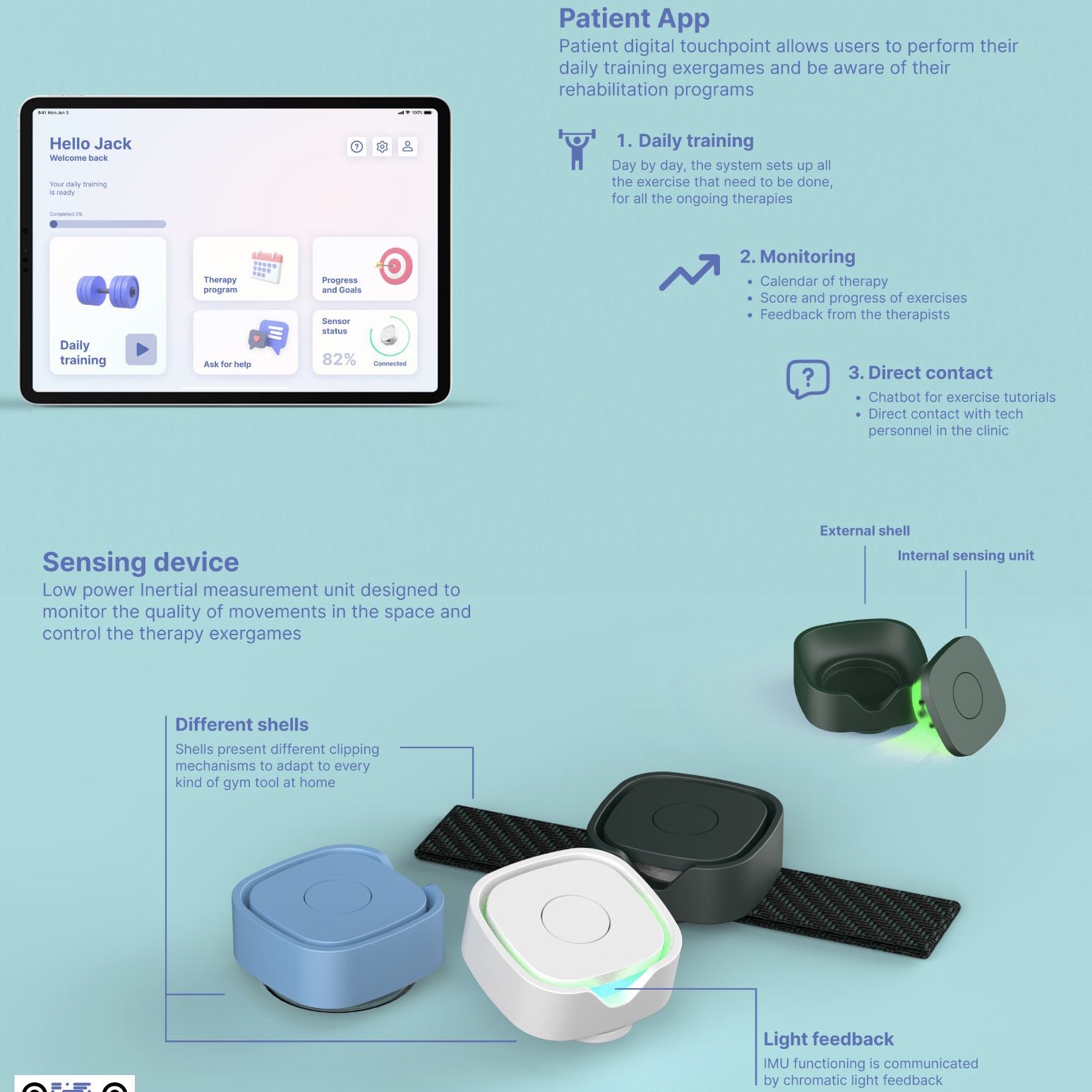
The increase of life expectancy, together with a greater occurrence of many illnesses (such as stroke), has caused a huge
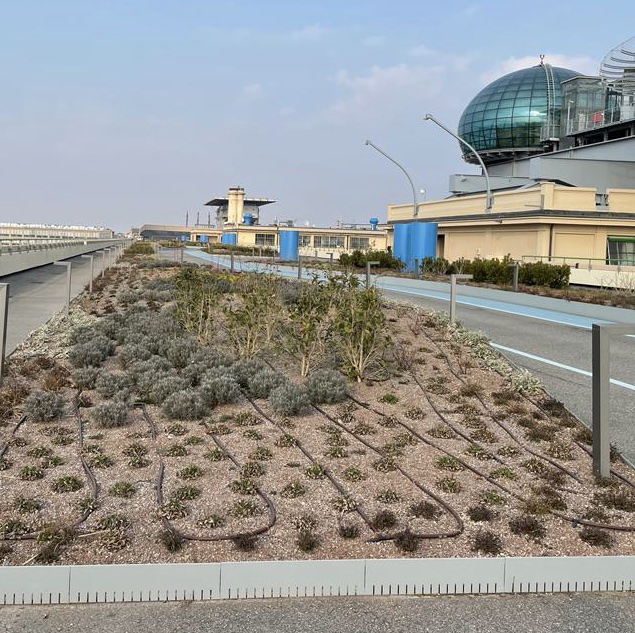
The Green roof Technology Assessment (GreenTA) project investigated the cost and benefits arising from the installation of green roofs, while
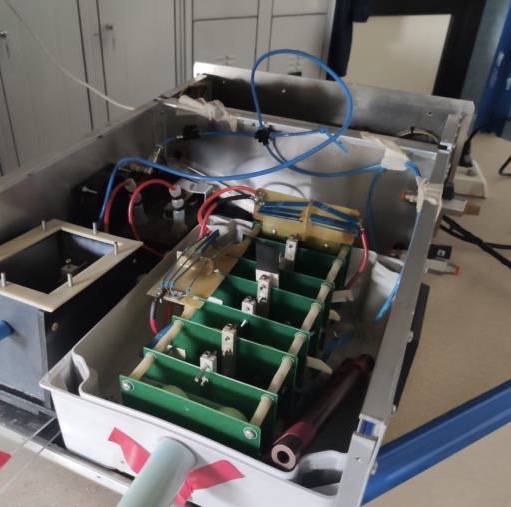
The world is facing a great challenge in transitioning to new, clean energy systems to contrast climate change, while the
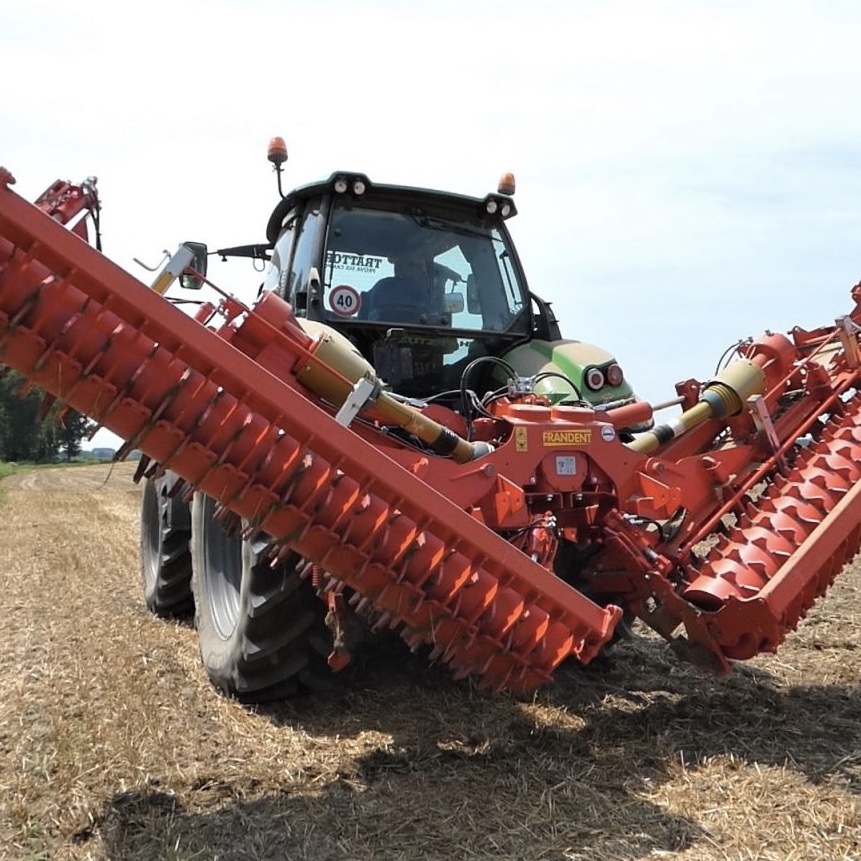
A damper is a device that suppresses vibrations and dissipates their energy in the form of heat. The aim of
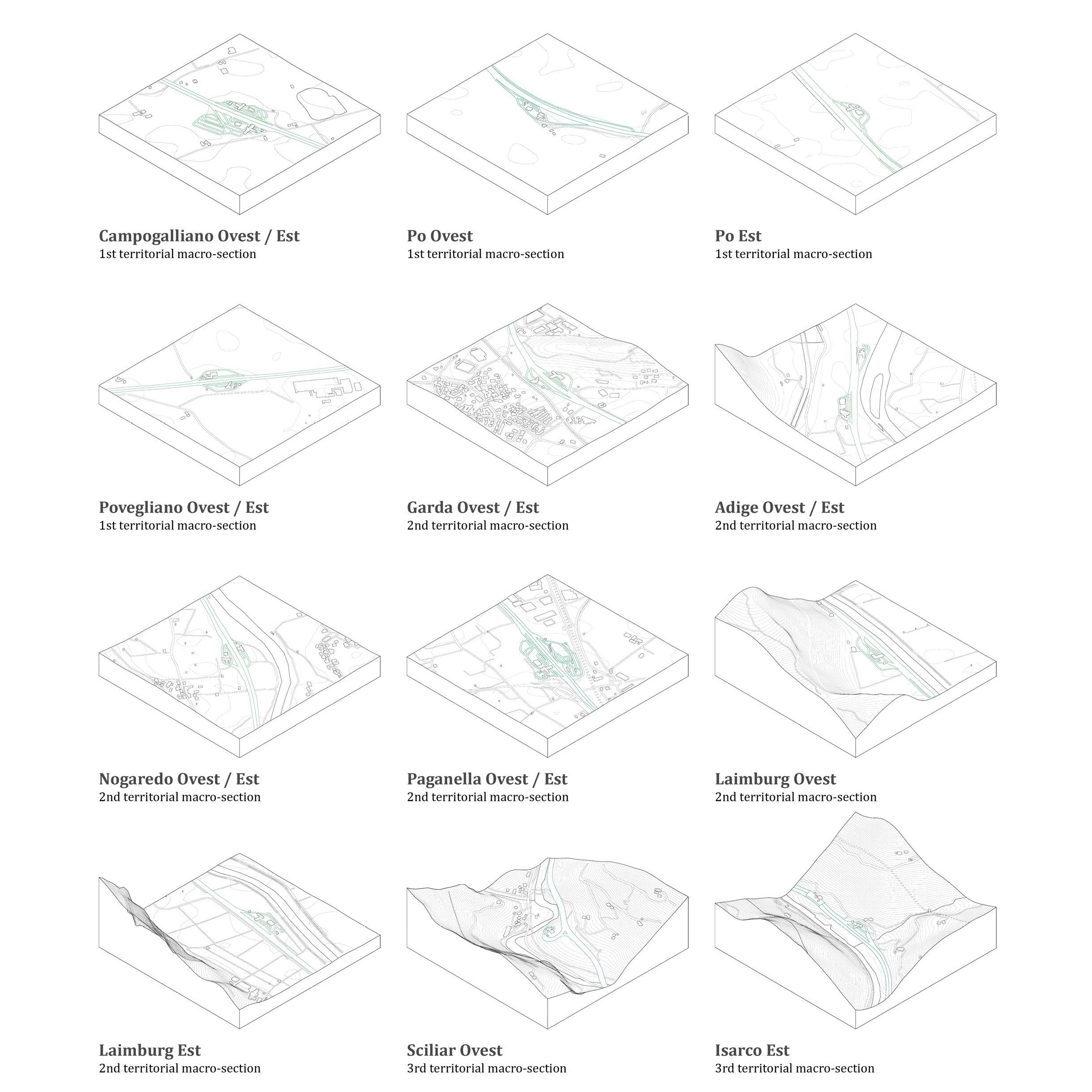
Motorway service areas are generally seen as fast transit place, where to stop only if strictly needed. TNA(A22)MSA aims to
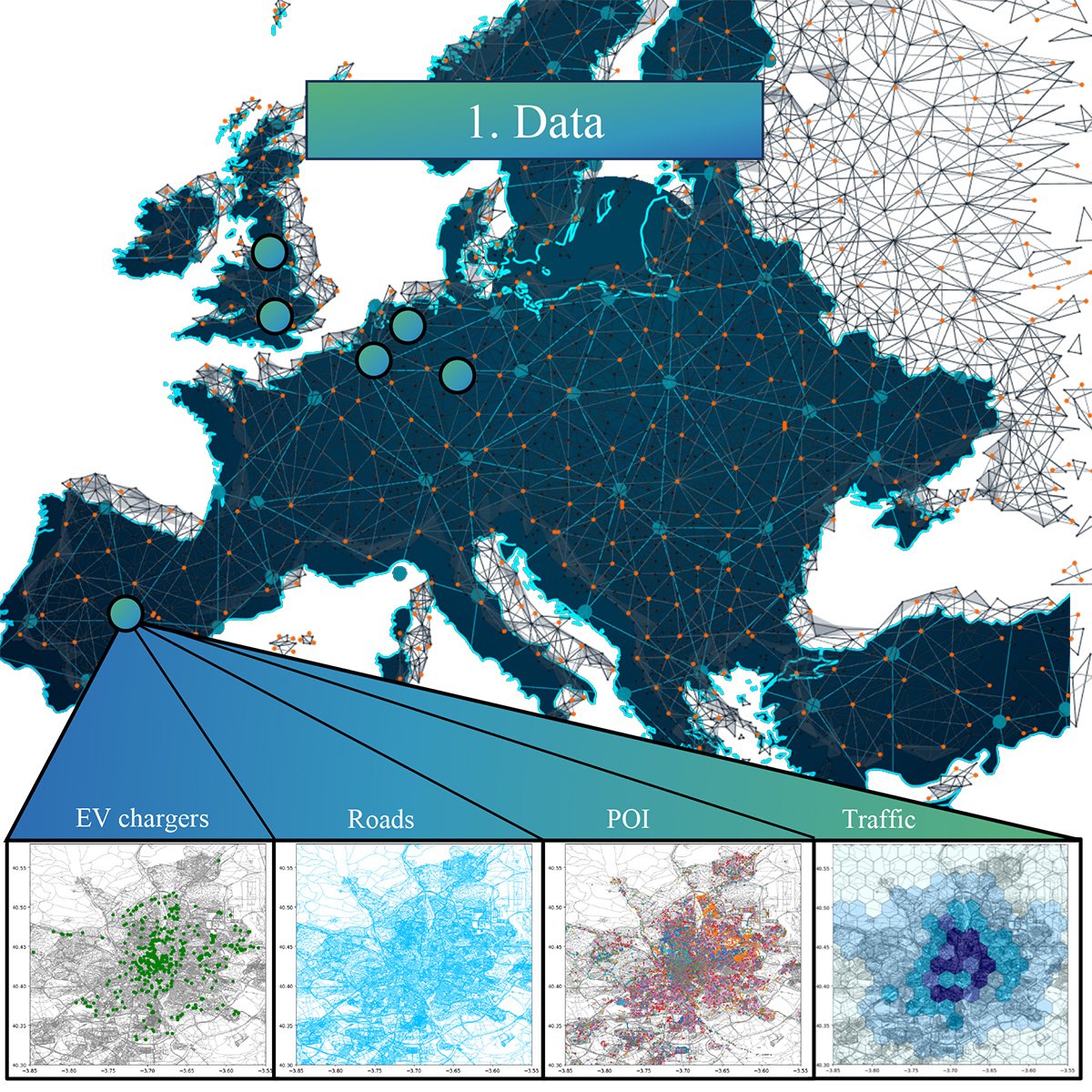
OASIS: Optimal Allocation and Sizing of Infrastructure for charging electric
vehicle basing on predictive Simulations.

Unlike traditional methods that search for the best model only considering the performance on the downstream task, NebulOS also takes into the energy consumption when training a model on a specific hardware, producing tailored designs on a variety of different devices. This ensures that the final model aligns with the end-user’s unique needs, resources, and preferences.
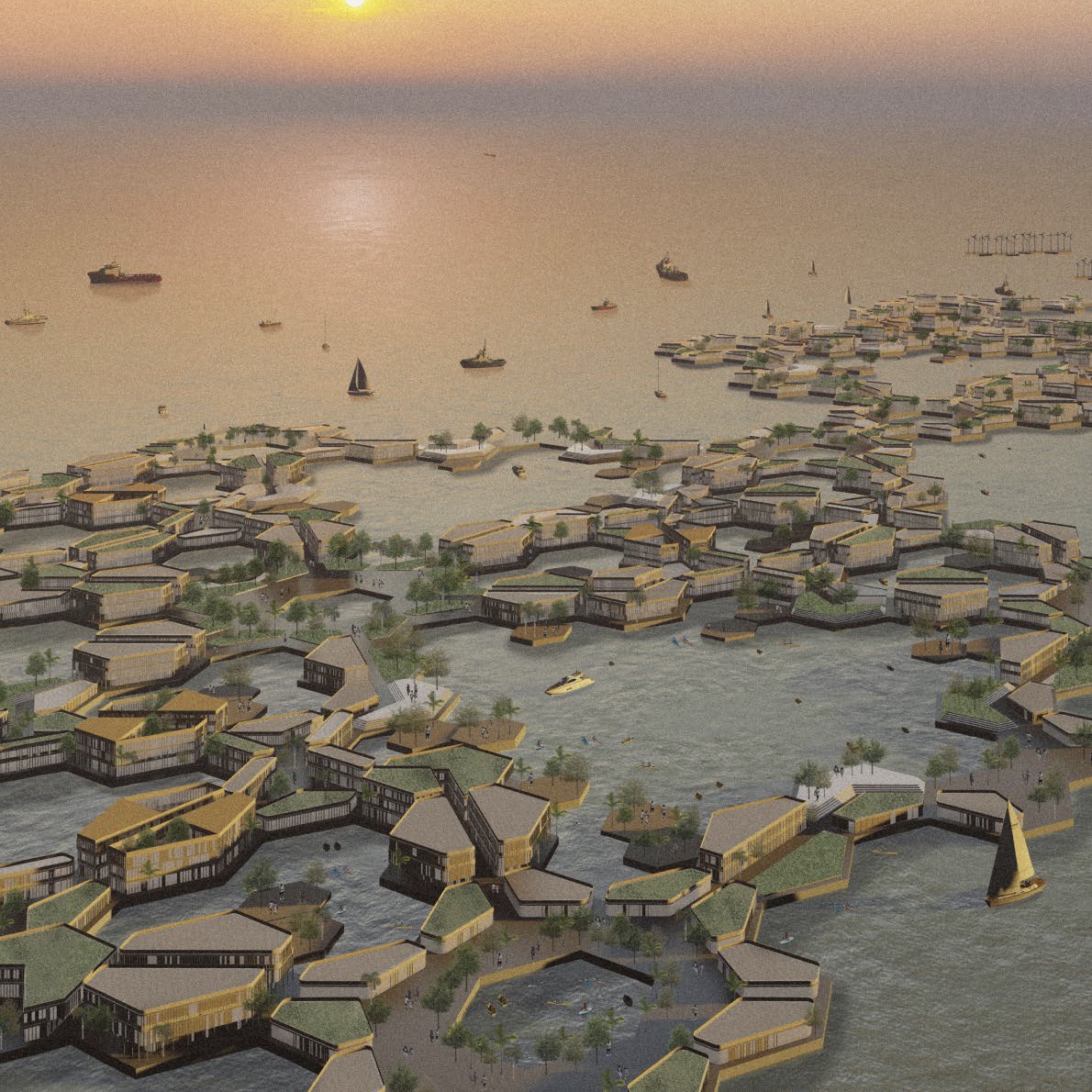
Rising sea levels are tearing more and more coastlines from the earth, submerging cities, ecosystems and entire cultures. F.U.S.S. (Floating

Social media has set the stage to a complex, quickly changing and hyper-connected environment in which people interact with each
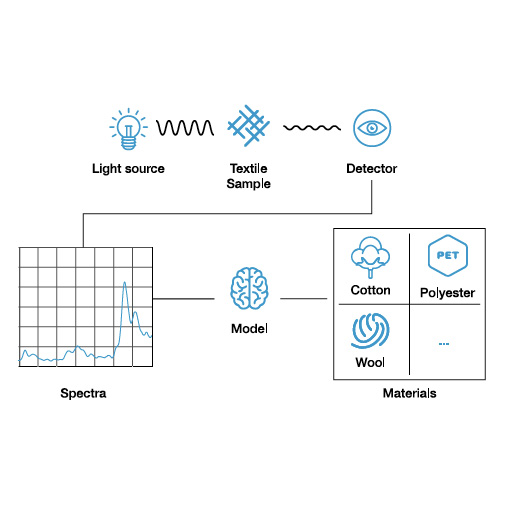
Nowadays, the textile industry has a massive environmental impact, involving depletion of resources in the production of garments and a
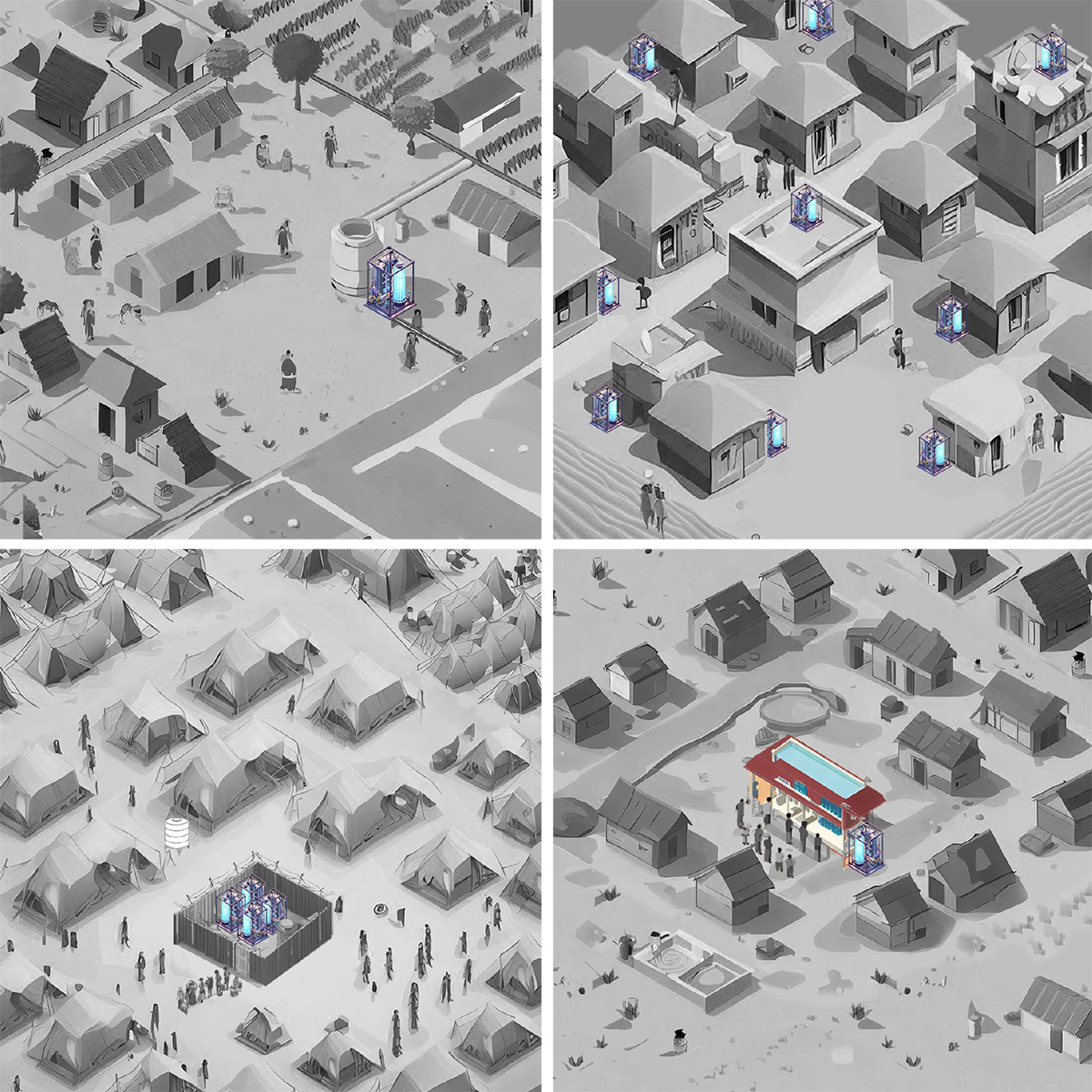
The AQUA project aims to create a set of guidelines for Aquaseek to enter the humanitarian water market.
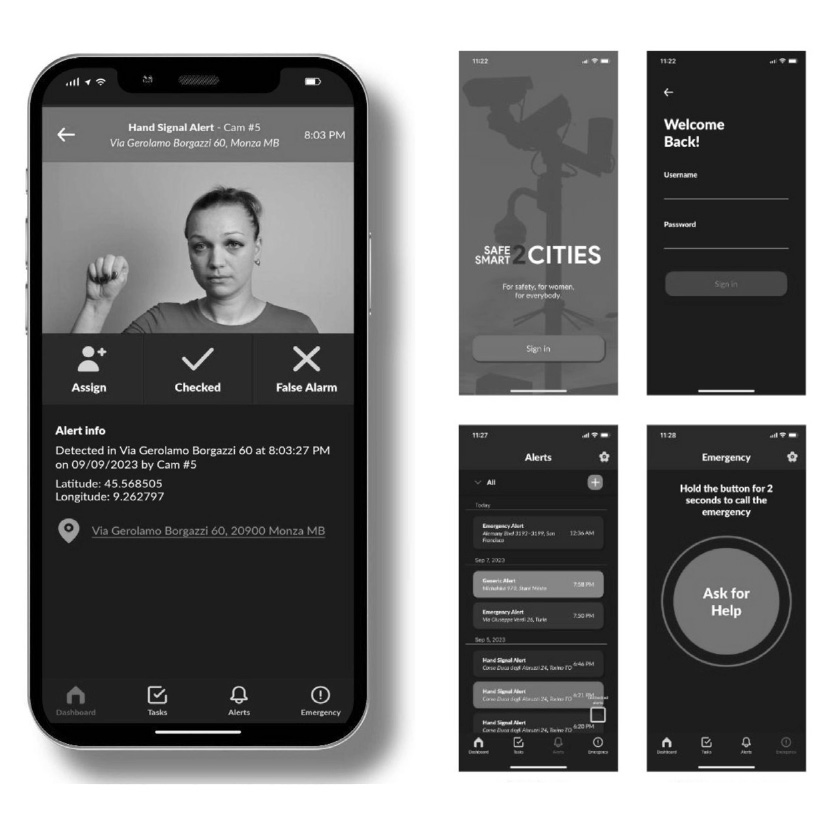
In the wake of increasing incidents of violence against women, the ‘Signal for Help’ (SFH) has surfaced as an invaluable silent beacon. Developed as a discrete hand gesture for women under duress to indicate their plight, its importance became even more pronounced during the pandemic when virtual communication surged. The S2CITIES project seeks to amplify the efficacy of this signal through technology.
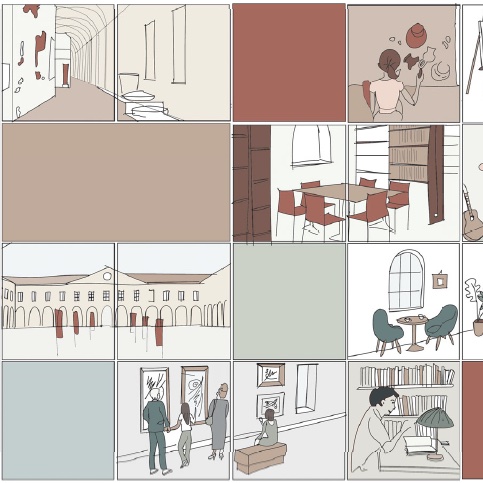
Groma study deals with the creation of a Cultural Pole in Ivrea devoted to the valorization of the city and
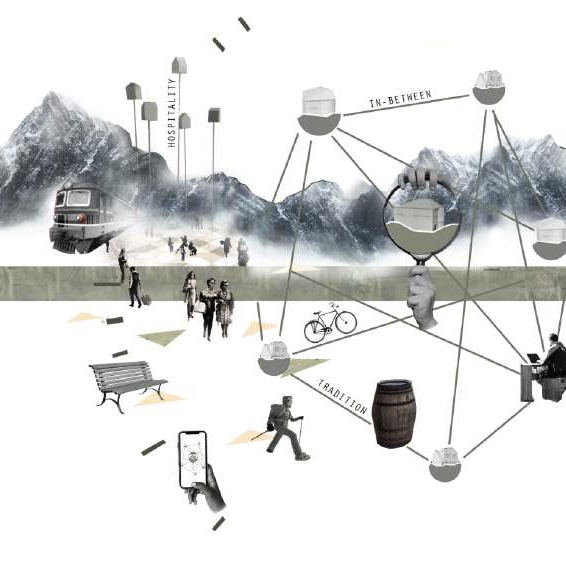
Host2026 is a research project that originates from the challenge of the 2026 Olympic and Paralympic Games (OPGs) in Valtellina.
ASP Politecnico di Milano
Piazza Leonardo da Vinci 32 – 20133 Milano
Ph. +39 02.2399.9801
info-mi@asp-poli.it
ASP Politecnico di Torino
Corso Duca degli Abruzzi 24 – 10129 Torino
asp@polito.it
Copyright © 2024 ASP – Alta Scuola Politecnica | Privacy Policy